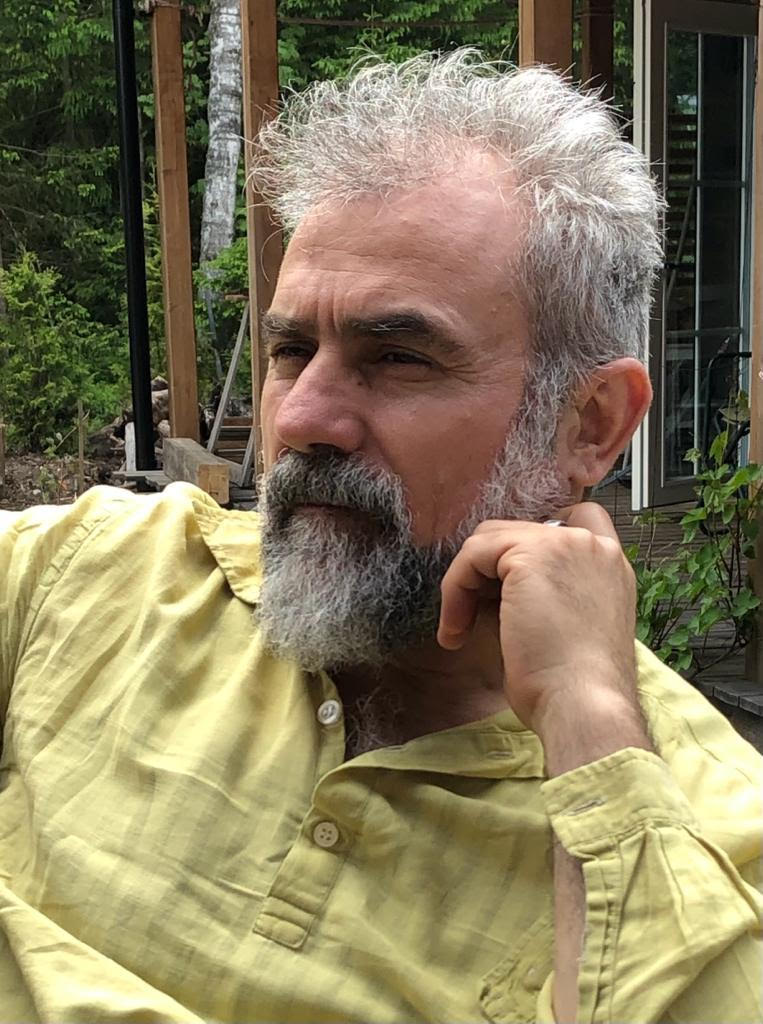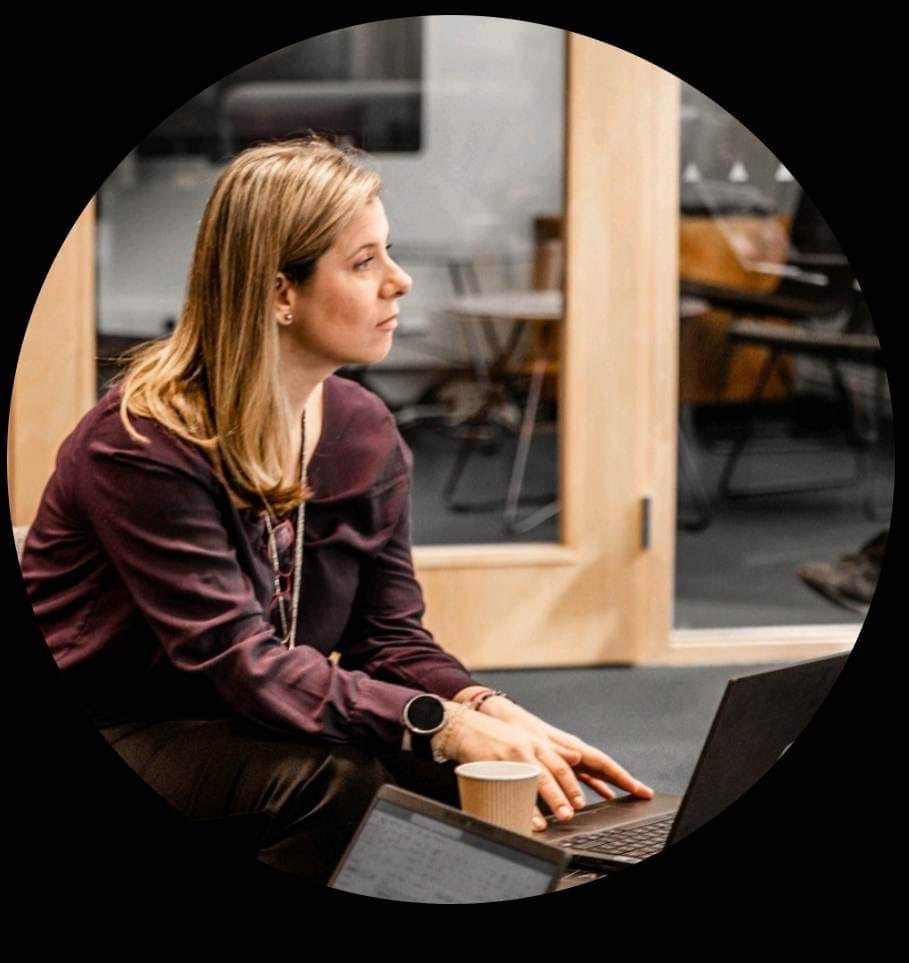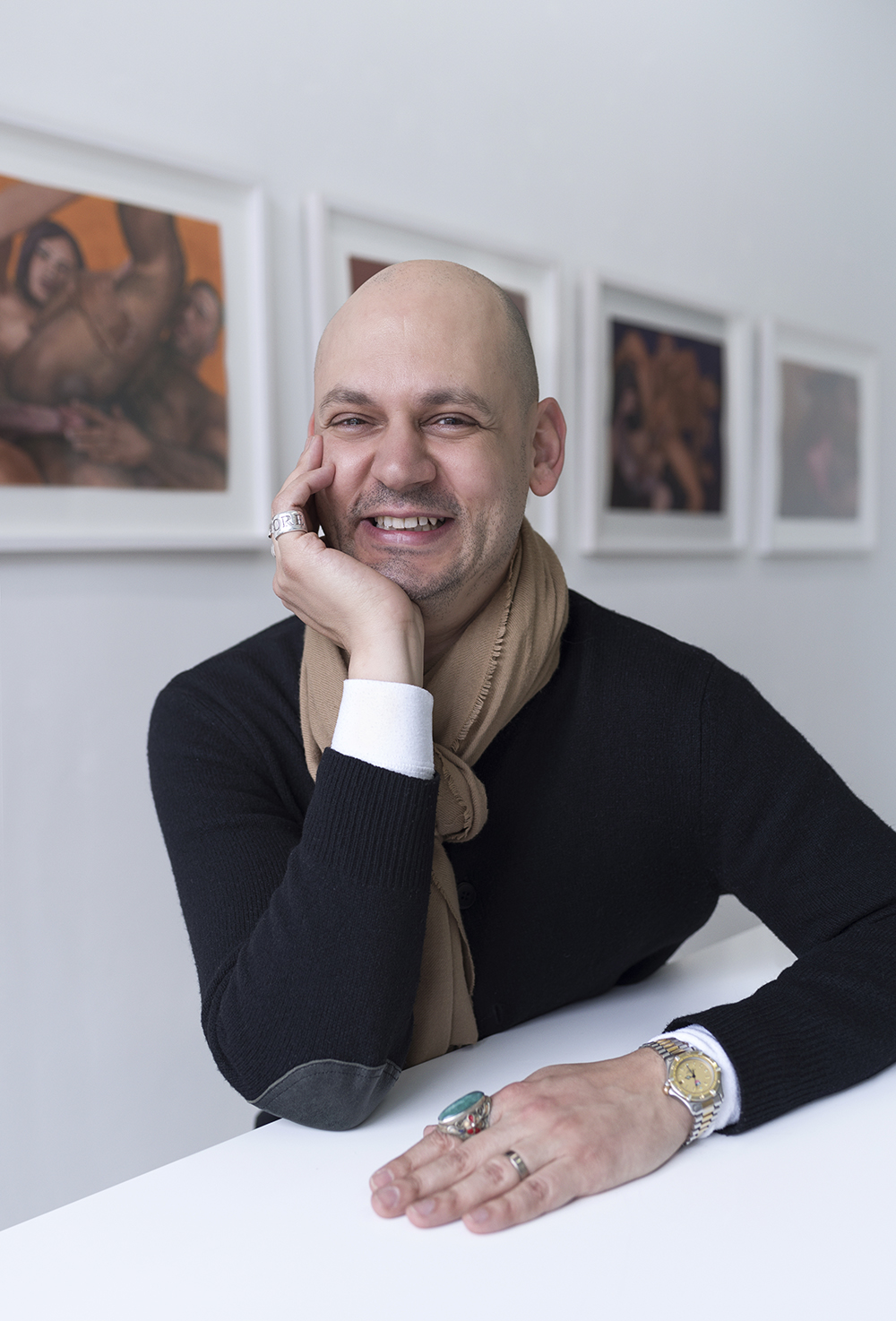
“There is no better feeling than living in an urban center integrated into the natural environment. We have direct access to the sea, forests and activities that we can enjoy regardless of the weather. Finns are good at using their time, and this access to nature, which is considered a right, gives a feeling of freedom and happiness that is probably not valued in other countries as well.”
OUR Dimitra Kakaraki lives in Helsinki has been working in the field of innovation for the last five years. It was not difficult for him to explain to us the reasons why Finland is a happy place. The conclusion is based on World Happiness Reportthe United Nations Annual Report on Finding Solutions for Sustainable Development, which ranked the Scandinavian country at the top of the list of the world’s happiest countries for 2023 for the 6th consecutive time.
Factors such as Social support, income, health, Liberty, generosity And lack of corruption.
When institutions and rules create opportunities
“Is “mirror” of citizens’ trust in the state and the systemwho is always there to help him and make his daily life easier, without complications, obstacles and exceptions,” explains Stelios Mokiathos, who has been permanently resident in Finland since the end of 1990. Having worked in the catering industry for many years, he highlights the significant support he has received over the years from the Finnish state. “Institutions and rules have created prospects and opportunities even for unskilled foreign immigrants that we wanted to progress.”
Community relations, health care, insurance coverage are areas that Finnish citizens have not learned to complain about because everything is done almost automatically. “Each citizen has a personal code and with it he carries out all his operations,” he tells “K” about. Vangelis Velentzas, who has been living in Helsinki for the last 13 years teaching Finnish people who want to learn Greek.

He refers to examples that “reflect” the quality of life, such as frequent public transport routes And hundreds of kilometers of bike paths in the parks and on the streets of Helsinki. He also stands on caring for people with disabilities moving in the city. “These people use many services either directly from the state or indirectly, with related services being procured from private companies through tenders and offered to those who need them.”
Family support
The Finnish state especially supports couples who want to have children. A working woman has the opportunity to maternity leave up to three years raise your child by taking all this period 80% of her salary. Even the cost of childbirth is low compared to other countries.
“A birth is not worth a thousand euros. Our daughter was born in a public hospital and the total cost of doctor visits, diagnostic tests, delivery and stay in an incubator for 12 days was only 500 euros“, emphasizes Mr. Velentzas.
“My daughter has been going to school alone on the bus since she was 7”
In Helsinki, a child grows up in a completely different way than in Athens, acquiring an independent lifestyle from an early age. “Children from the first grade can go to school on their own, either on foot, even at a distance of 15-30 minutes on foot, or by public transport. They take the bus, subway or tram unaccompanied if they have a mobile phone with them,” says Ms. Kakaraki, whose daughter is in 4th grade elementary school, in K. “It took me a while to “digest” this state, but gradually I gave up.. My daughter has been taking the bus to school 20 minutes away by herself since she was 7 years old! I feel safe on this route, given the very low crime rate and social solidarityshe adds.
education system which includes the daughter of Mrs. Kakaraki, the famous as one of the best in Europe. What makes it stand out? “Learning in the Finnish school is achieved through research and empirical discoveries. no “parrot”. Children from the 2nd grade learn to use electronic media, while taking elective courses of interest,” she replies.

Friendly place for artists
In Finland, artists can focus on their art without worrying about how to survive. visual artist Panos Balomenos, who has lived in Helsinki for the past 20 years, says that the privileges given to artists are the product of a social democratic model in which everyone shares their “fruits” equally. And he explains: “Many visual artists receive annual financial support from the Ministry of Culture and various private foundations, even if they are not particularly known to the general public. This allows them to dedicate themselves exclusively to creating their artwork, without wasting time thinking about ways to survive.”
He prefers to say that Finnish citizens are more “satisfied” with their lives in the country, rather than completely “happy”, because, as he explains, “happiness as a concept is something much more complex and complex.” For him, this satisfaction is connected with simplification of everyday life And immediacy, the harshness of Scandinavian life, zero tolerance for corruption, legitimizing inclusiveness.

Democracy is not self-evident
However, certain fears and difficulties are also projected onto social privileges and a guaranteed quality of life. “Personally, Finland is the hardest for me. adverse climatic conditions and a long winter,” says Mr. Mokiatos, adding: “For me, they are a negative factor that removes social life and this leads some to isolation and alcoholism“.
For Mr. Balomeno, his biggest fear today, according to him, is rise of the far right in the country. “The Finns settled on this functional model they used to live in and took democracy for granted, forgetting about the daily struggle and now posing a serious risk of the rise of the far right in the next elections. Democracy requires constant struggle, and we should all remember this.“, he emphasizes.
Source: Kathimerini
Ashley Bailey is a talented author and journalist known for her writing on trending topics. Currently working at 247 news reel, she brings readers fresh perspectives on current issues. With her well-researched and thought-provoking articles, she captures the zeitgeist and stays ahead of the latest trends. Ashley’s writing is a must-read for anyone interested in staying up-to-date with the latest developments.